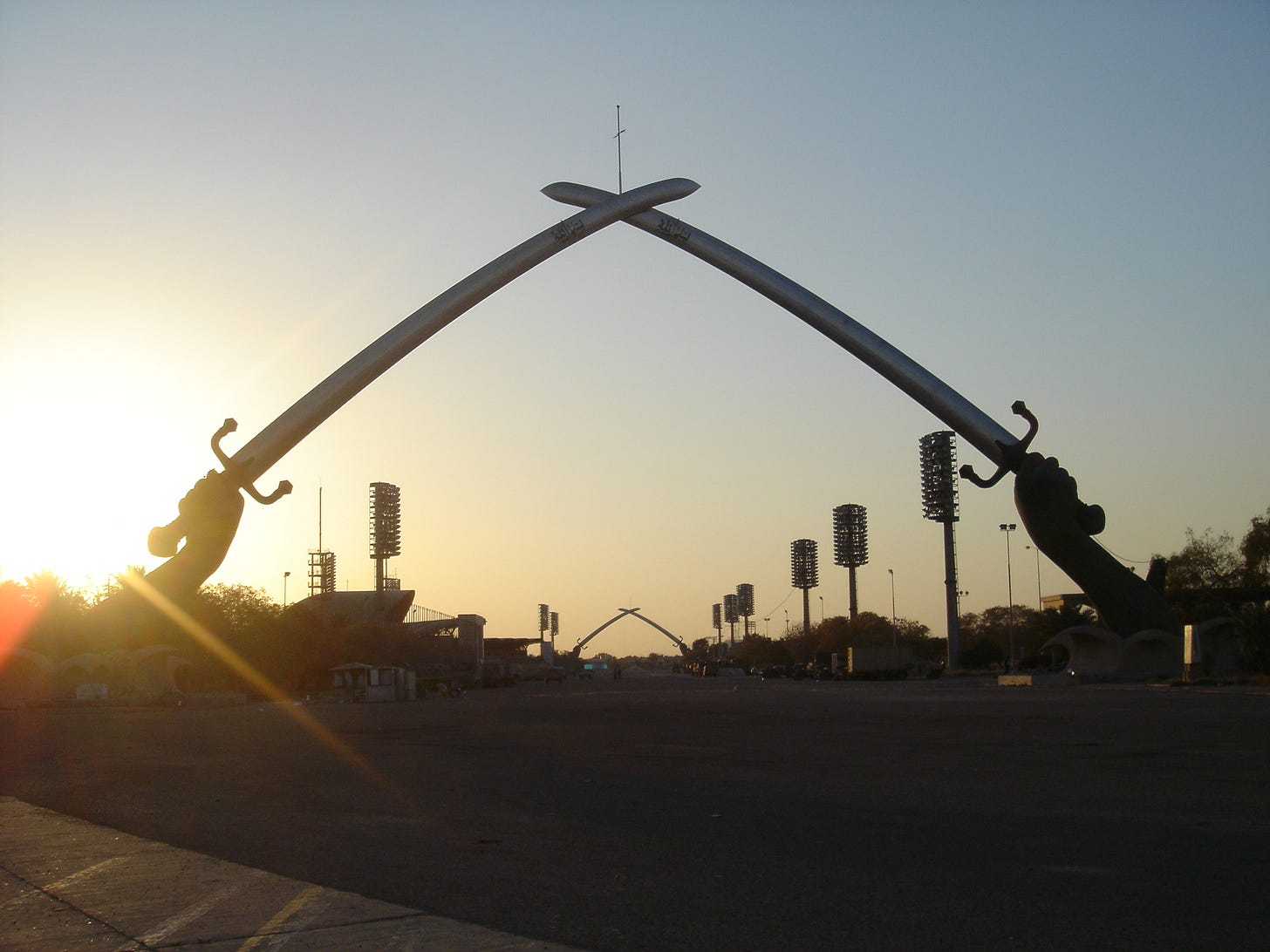Twenty years on... memories of the Iraq War
An illegal war, which has inflicted unimaginable suffering and spread chaos throughout the world.
There is so much that could be written about the 20 year anniversary of the invasion of Iraq. And you can’t do better than read Hugh Sykes’s Substack. But I share here a few memories.
1. Beginnings - “there’s a lot you don’t know about”
“That might have been the case then, Arthur, but we know a lot more now.” A very …
Keep reading with a 7-day free trial
Subscribe to Not all doom to keep reading this post and get 7 days of free access to the full post archives.




